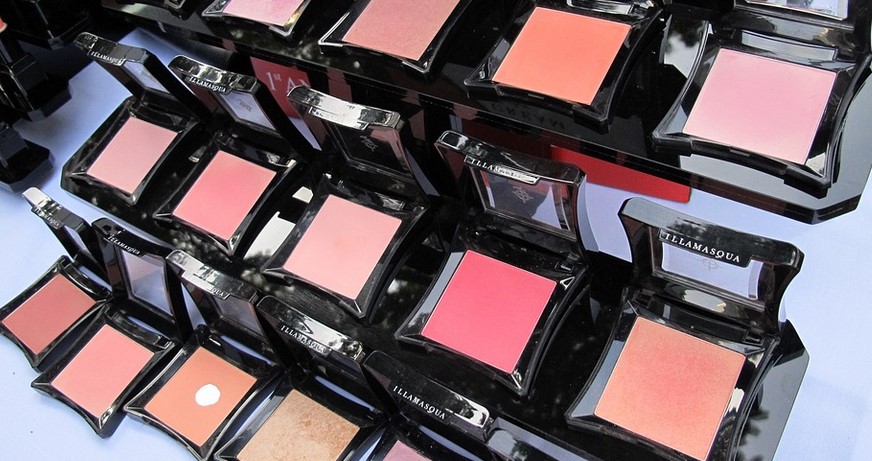Introduction
Wood floors are beautiful and durable, but they require proper care and maintenance to keep them looking their best. Murphy’s Oil Soap is a popular choice for cleaning and conditioning wood floors, but is it really the best option? In this article, we will explore the pros and cons of using Murphy’s Oil Soap on wood floors and provide some helpful tips for keeping your floors clean and protected.
What is Murphy’s Oil Soap?
Murphy’s Oil Soap is a cleaning product that has been around for over 100 years. It is made from a blend of natural oils, including vegetable oil and coconut oil, and is designed to clean and condition wood surfaces. The soap is gentle enough to use on most finished and unsealed wood surfaces, including floors, furniture, and cabinets.
Pros of Using Murphy’s Oil Soap on Wood Floors
One of the main advantages of using Murphy’s Oil Soap on wood floors is that it is a natural and gentle cleaner. Unlike harsh chemical cleaners, Murphy’s Oil Soap is safe for use around children and pets, and it will not damage the finish or the wood itself. Additionally, the soap contains natural oils that can help to condition and protect the wood, keeping it looking its best for longer.
Cons of Using Murphy’s Oil Soap on Wood Floors
While Murphy’s Oil Soap can be a great choice for cleaning and conditioning wood floors, there are some potential drawbacks to consider. One issue is that the soap can leave a residue on the floor if it is not rinsed off thoroughly. This residue can attract dirt and dust, making the floor look dirty and dull. Additionally, Murphy’s Oil Soap may not be the best choice for floors with a wax or oil finish, as the soap can break down these protective coatings over time.
Tips for Using Murphy’s Oil Soap on Wood Floors
If you decide to use Murphy’s Oil Soap on your wood floors, there are some tips you can follow to ensure the best results. First, be sure to dilute the soap according to the instructions on the bottle. Using too much soap can leave a residue and make the floor slippery. Second, use a damp mop or cloth to apply the soap, and be sure to rinse the floor thoroughly with clean water after cleaning. Finally, avoid using Murphy’s Oil Soap on floors with a wax or oil finish, as it can damage the protective coating.
Alternative Cleaning Options for Wood Floors
If you are not comfortable using Murphy’s Oil Soap on your wood floors, there are several alternative cleaning options to consider. One option is to use a microfiber mop and water to clean the floors, as this method is gentle and effective. Another option is to use a specialized wood floor cleaner, which is designed to clean and protect wood floors without leaving a residue. Additionally, you can use a steam cleaner to deep clean and sanitize wood floors, although this method should be used sparingly to avoid damaging the wood.
Conclusion
In conclusion, Murphy’s Oil Soap can be a great choice for cleaning and conditioning wood floors, but it is important to use it properly and consider the potential drawbacks. By following the tips and guidelines outlined in this article, you can keep your wood floors looking their best for years to come. Remember to always test any new cleaning product on a small, inconspicuous area of the floor before using it on the entire surface, and to consult with a professional if you have any concerns about your wood floors.

